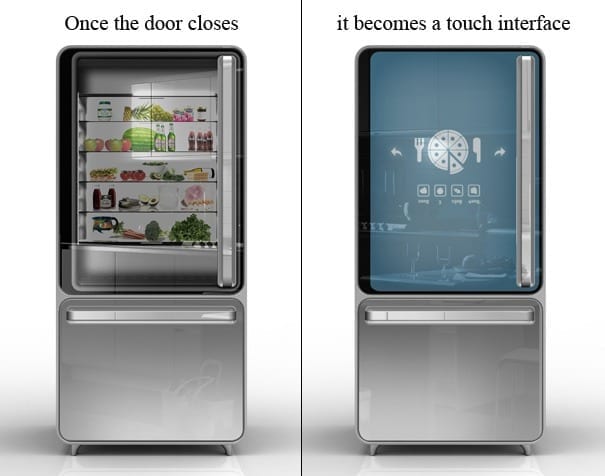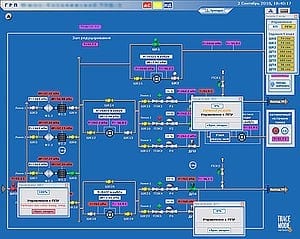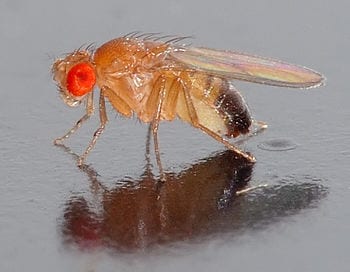Computer security: Spam in the fridge
“THE internet of things” is one of the buzziest bits of jargon around in consumer electronics. The idea is to put computers in all kinds of products—televisions, washing machines, thermostats, refrigerators—that have not, traditionally, been computerised, and then connect those products to the internet.
If you are in marketing, this is a great idea. Being able to browse the internet from your television, switch on your washing machine from the office or have your fridge e-mail you to say that you are running out of orange juice is a good way to sell more televisions, washing machines and fridges. If you are a computer-security researcher, though, it is a little worrying. For, as owners of desktop computers are all too aware, the internet is a two-way street. Once a device is online, people other than its owners may be able to connect to it and persuade it to do their bidding.
On January 16th a computer-security company called Proofpoint said it had seen exactly that happening. It reported the existence of a group of compromised computers which was at least partly comprised of smart devices, including home routers, burglar alarms, webcams and a refrigerator. The devices were being used to send spam and “phishing” e-mails, which contain malware that tries to steal useful information such as passwords.
The network is not particularly big, as these things go. It contains around 100,000 devices and has sent about 750,000 e-mails. But it is a proof of concept, and may be a harbinger of worse to come—for the computers in smart devices make tempting targets for writers of malware. Security is often lax, or non-existent. Many of the computers identified by Proofpoint seem to have been hacked by trying the factory-set usernames and passwords that buyers are supposed to change. (Most never bother.) The computers in smart devices are based on a small selection of cheap off-the-shelf hardware and usually run standard software. This means that compromising one is likely to compromise many others at the same time. And smart devices lack many of the protections available to desktop computers, which can run antivirus programs and which receive regular security updates from software-makers.
Ross Anderson, a computer-security researcher at Cambridge University, has been worrying about the risks of smart devices for years.
The Latest on: Compromised computers
[google_news title=”” keyword=”Compromised computers” num_posts=”10″ blurb_length=”0″ show_thumb=”left”]
via Google News
The Latest on: Compromised computers
- System lock, take out battery and then... How to understand if your laptop has been hacked?on April 27, 2024 at 5:25 am
If your laptop starts behaving strangely, such as opening programs on its own, shutting down unexpectedly, or displaying unusual error messa..|News Track ...
- Montclair residents told their information was compromised in cyberattackon April 26, 2024 at 10:03 pm
A number of Montclair residents and employees received letters this week warning that their personal information had been compromised due to last year's cyberattack on the township's servers, with ...
- Palo Alto Networks Shares Remediation Advice for Hacked Firewallson April 25, 2024 at 8:22 am
Palo Alto Networks has shared remediation instructions for organizations whose firewalls have been hacked via CVE-2024-3400.
- NASA just hacked a 1977 computer on a spacecraft way out past Plutoon April 23, 2024 at 10:59 pm
One of the two oldest, active spacecraft has a new lease on life, with NASA getting the 47-year-old Voyager 1 deep space probe to send back engineering data for the first time since November 14. Until ...
- Wall Street Breakfast Podcast: UnitedHealth Confirms Personal Data Compromised In Cyberattackon April 23, 2024 at 4:00 am
UnitedHealth confirms personal data compromised in cyberattack. China reportedly bought Nvidia AI chips. New York Stock Exchange gauging interest for 24/7 stock trading.
- How to Tell If Your Phone Has Been Hackedon April 22, 2024 at 8:45 am
Your phone is like a pocket-sized computer, and just like computers, it can be vulnerable to hacking. Knowing the signs of a compromised device can help you act quickly and protect your information.
- MITRE Hacked by State-Sponsored Group via Ivanti Zero-Dayson April 22, 2024 at 3:08 am
MITRE R&D network hacked in early January by a state-sponsored threat group that exploited an Ivanti zero-day vulnerability.
- FBI sting leads to arrest in computer scam case that defrauded Carlsbad woman of $1.4 millionon April 19, 2024 at 4:23 pm
The 35-year-old Ontario man is suspected of aiding in the scheme, which allegedly used computer pop-ups to warn the woman that her bank account had been compromised ...
- OpenAI winds down AI image generator that blew minds and forged friendships in 2022on April 18, 2024 at 4:00 am
The launch began an innovative and tumultuous period in AI history, marked by a sense of wonder and a polarizing ethical debate that reverberates in the AI space to this day. Last week, OpenAI turned ...
- Cyberattack disrupts state legislature’s computer systems amid budget talkson April 18, 2024 at 12:17 am
The state Legislature’s computer system, essential for printing legislation, was compromised by an apparent cyberattack early Wednesday, officials reported. The incident disrupted the digital tools ...
via Bing News











